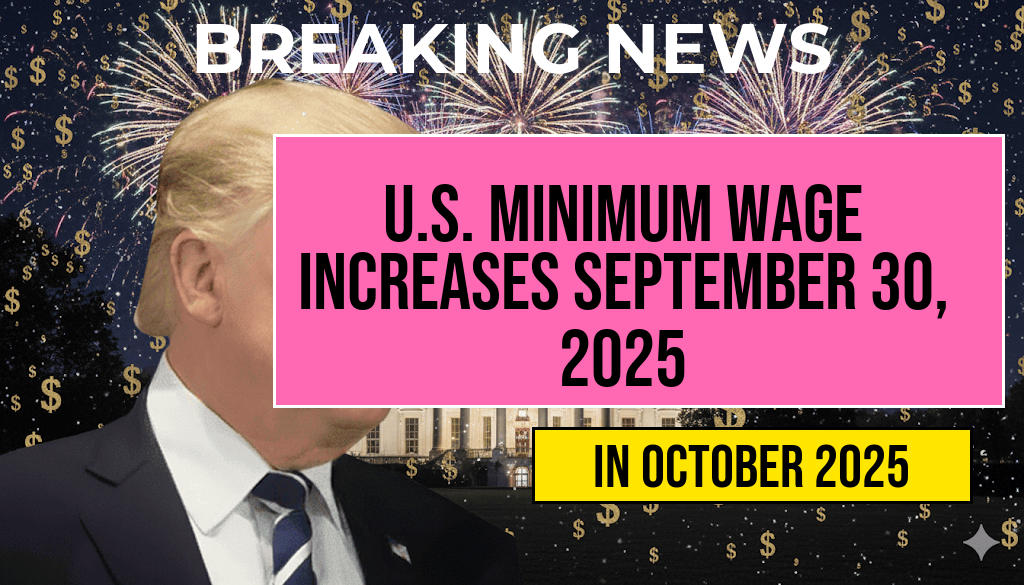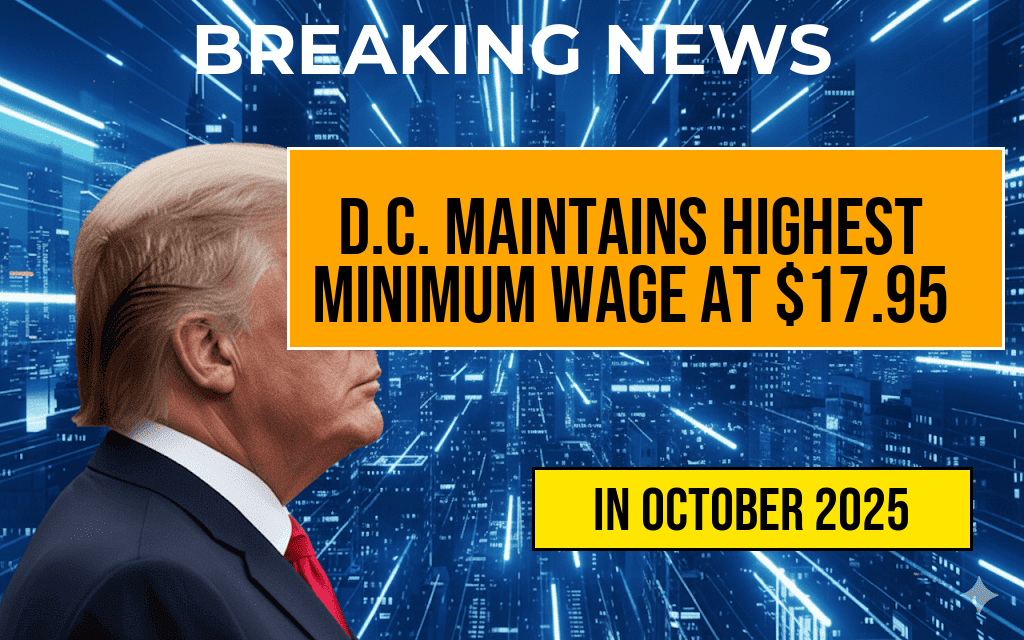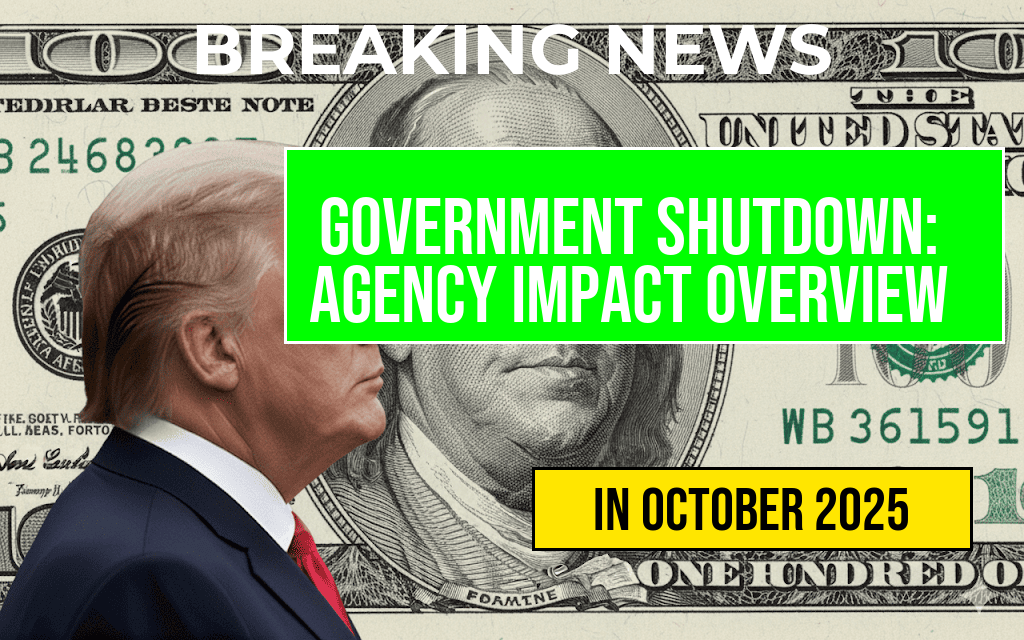As the federal government faces one of its periodic shutdowns, millions of Americans are left wondering how their lives will be impacted. The shutdown occurs when Congress fails to pass appropriations bills, leading to a cessation of non-essential government services. This article provides a detailed agency-by-agency breakdown of who is still working and who will be affected, covering critical areas such as Social Security, the IRS, Department of Defense, and the TSA. Understanding the ramifications of this shutdown is essential for citizens relying on federal services and benefits during this uncertain time.
Understanding the Government Shutdown
A government shutdown occurs when there is a lapse in appropriations, causing federal agencies to halt operations due to a lack of funding. Essential services continue, but many federal workers may face furloughs or delays in pay. The implications extend beyond government employees, affecting various programs and services that many Americans depend on daily.
Agency-by-Agency Breakdown
| Agency | Status | Impact |
|---|---|---|
| Social Security Administration | Operational | Benefits continue to be processed; new applications may face delays. |
| Internal Revenue Service (IRS) | Partial Operations | Tax processing slows, but refunds for filed returns are still issued. |
| Department of Defense | Operational | Military personnel continue to work, but some civilian employees may be furloughed. |
| Transportation Security Administration (TSA) | Operational | Airports remain open; screening operations continue without significant delays. |
| Department of Education | Partial Operations | Federal student loans and grants continue, but new funding may be delayed. |
| National Park Service | Closed | Parks and recreational areas are closed, impacting tourism and local economies. |
| Environmental Protection Agency (EPA) | Partial Operations | Critical services continue, but many regulatory activities may pause. |
Key Agencies Still Functioning
Several key agencies remain operational during the shutdown, ensuring that essential services continue. For example, the Social Security Administration is processing payments, allowing beneficiaries to receive their monthly checks without interruption. However, new applications and some administrative functions may experience delays.
Agencies Experiencing Significant Disruption
Conversely, agencies such as the National Park Service experience complete shutdowns, closing parks and halting all visitor services. This closure not only affects tourism but also impacts local businesses that rely on park visitors. Similarly, the Department of Education continues to manage ongoing student loans and grants but will struggle to process new applications in a timely manner.
Impact on Federal Employees
The government shutdown affects federal employees in various ways. Those deemed “essential” will continue to work without immediate pay, while others may be furloughed. According to recent reports, approximately 800,000 federal workers could face temporary layoffs or reduced hours, raising concerns about financial stability for many families.
Public Services and Safety Concerns
Public services, including air travel security managed by the TSA, will largely remain unaffected. However, the potential for increased wait times at airports exists, as fewer staff members may be available. This situation can create a ripple effect, leading to frustrations for travelers as the holiday season approaches.
What Citizens Should Know
As the shutdown unfolds, citizens are encouraged to stay informed about potential changes to services they rely on. This includes monitoring updates from relevant federal agencies and understanding what benefits may be delayed or disrupted. For more information on specific agency operations, you can visit the official government websites:
The ongoing government shutdown highlights the importance of understanding how such events affect daily life and federal services. By staying informed and prepared, individuals can navigate the challenges that arise during these uncertain times.
Frequently Asked Questions
What happens to Social Security services during a government shutdown?
During a government shutdown, Social Security services continue to operate as they are considered essential. Benefits will still be paid out, and the processing of new claims will proceed, although some administrative services may face delays.
Will the IRS be open during a government shutdown?
The IRS will have limited operations during a government shutdown. While tax refunds may be delayed, essential services such as the processing of tax returns and certain audits may still occur, but with reduced staff availability.
How does a government shutdown impact Defense operations?
Defense operations continue to run during a government shutdown, as military personnel are considered essential workers. However, some civilian employees may be furloughed, impacting support functions and operations.
Are TSA operations affected during a government shutdown?
No, the TSA remains operational during a government shutdown. Security personnel are deemed essential, so airport security screenings and other vital functions will continue without interruption.
How are federal employees affected by a government shutdown?
During a government shutdown, federal employees are categorized as either essential or non-essential. Non-essential employees may be furloughed without pay, while essential employees are required to work but may face delayed compensation until the government reopens.












